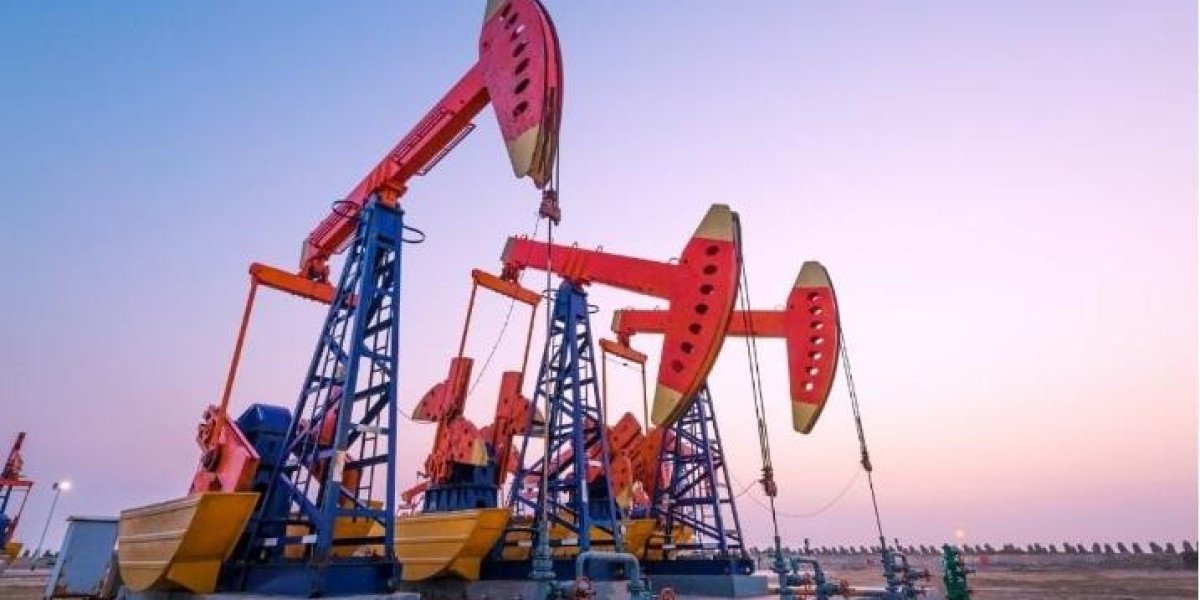But how "green" is it truly? Life Cycle Assessment (LCA) can help us understand the environmental impact of green oil and gas production across its entire lifespan.
What is LCA?
LCA is a comprehensive tool that analyzes the environmental burdens associated with a product or service throughout its life cycle. This includes everything from resource extraction and processing to transportation, use, and end-of-life disposal. By applying LCA to green oil and gas production, we can gain valuable insights into its true environmental impact.
Green Oil and Gas: A Spectrum of Practices
Green oil and gas production encompasses various practices aimed at reducing the environmental footprint. Here are some key areas:
Reduced Methane Emissions: Fugitive methane emissions during extraction, processing, and transportation are a significant concern. Green practices like leak detection and repair, and closed-loop systems, aim to minimize these emissions.
Enhanced Energy Efficiency: Green approaches focus on optimizing energy use throughout the production chain. This can involve using renewable energy sources for powering operations and employing energy-efficient equipment.
Carbon Capture and Storage (CCS): Capturing carbon dioxide emissions from production processes and storing them underground can significantly reduce the overall carbon footprint.
Applying LCA: Unveiling the Bigger Picture
LCA can shed light on the environmental impact of these practices within the context of the entire production cycle. Here's what LCA can help us understand:
Effectiveness of Green Practices: LCA can quantify the actual environmental benefits of each green practice implemented in oil and gas production.
Trade-offs and Hidden Impacts: LCA can reveal potential trade-offs associated with green practices. For example, some CCS technologies might require significant energy input, potentially negating some of the environmental benefits.
Life Cycle Optimization: By analyzing the environmental impact at each stage of production, LCA can identify areas for further improvement and guide the development of even greener practices.
Challenges and Considerations
LCA is a complex tool, and applying it to green oil and gas production comes with its own set of challenges:
Data Availability: Accurate data on the environmental impact of various green practices is crucial for a robust LCA.
Standardization: Standardizing LCA methodologies across the industry is essential for ensuring comparability and transparency.
Life Cycle Creep: Accounting for the environmental impact of all aspects within the life cycle can be challenging, and boundaries need to be clearly defined to avoid missing crucial aspects.
The Road to Greener Oil and Gas Production
LCA is a powerful tool that can help us assess the true environmental impact of green oil and gas production. By understanding the environmental burdens throughout the entire life cycle, we can continuously improve practices and strive for a more sustainable future for this vital energy source. LCA can also play a crucial role in promoting transparency and facilitating informed decision-making within the industry.
The journey towards truly green oil and gas production requires ongoing research, innovation, and a commitment to continuous improvement. LCA provides a valuable roadmap on this path, helping us navigate the complexities and ensure a more sustainable future for our energy needs.








